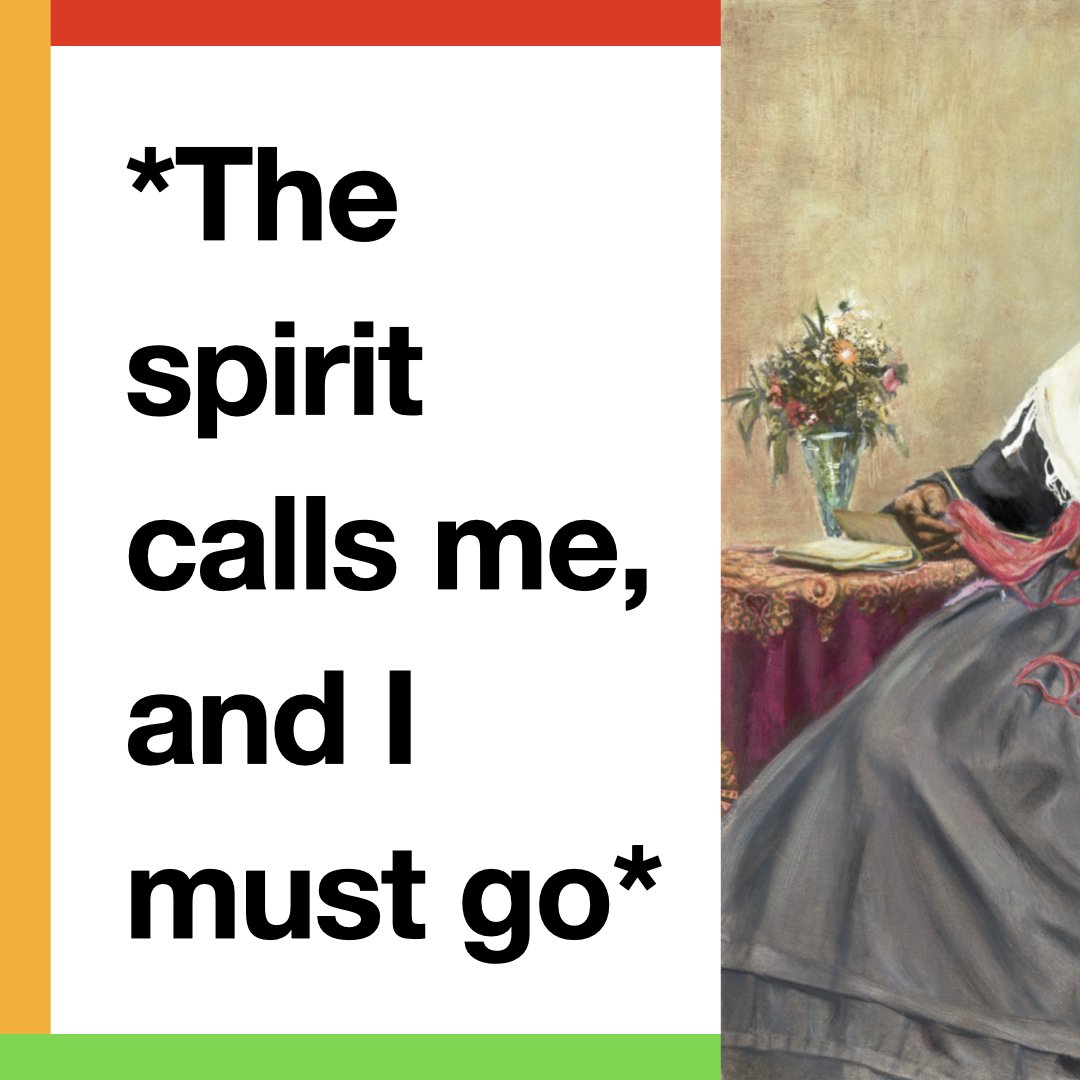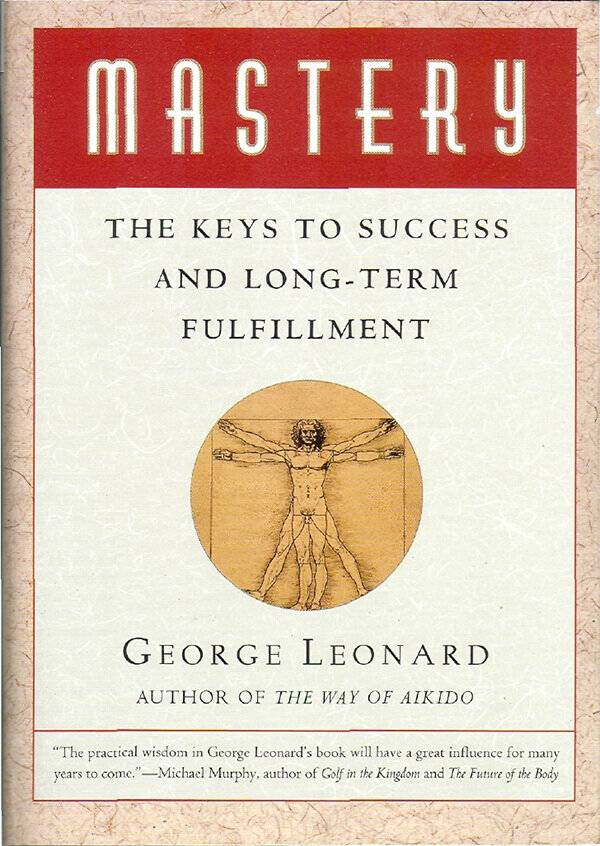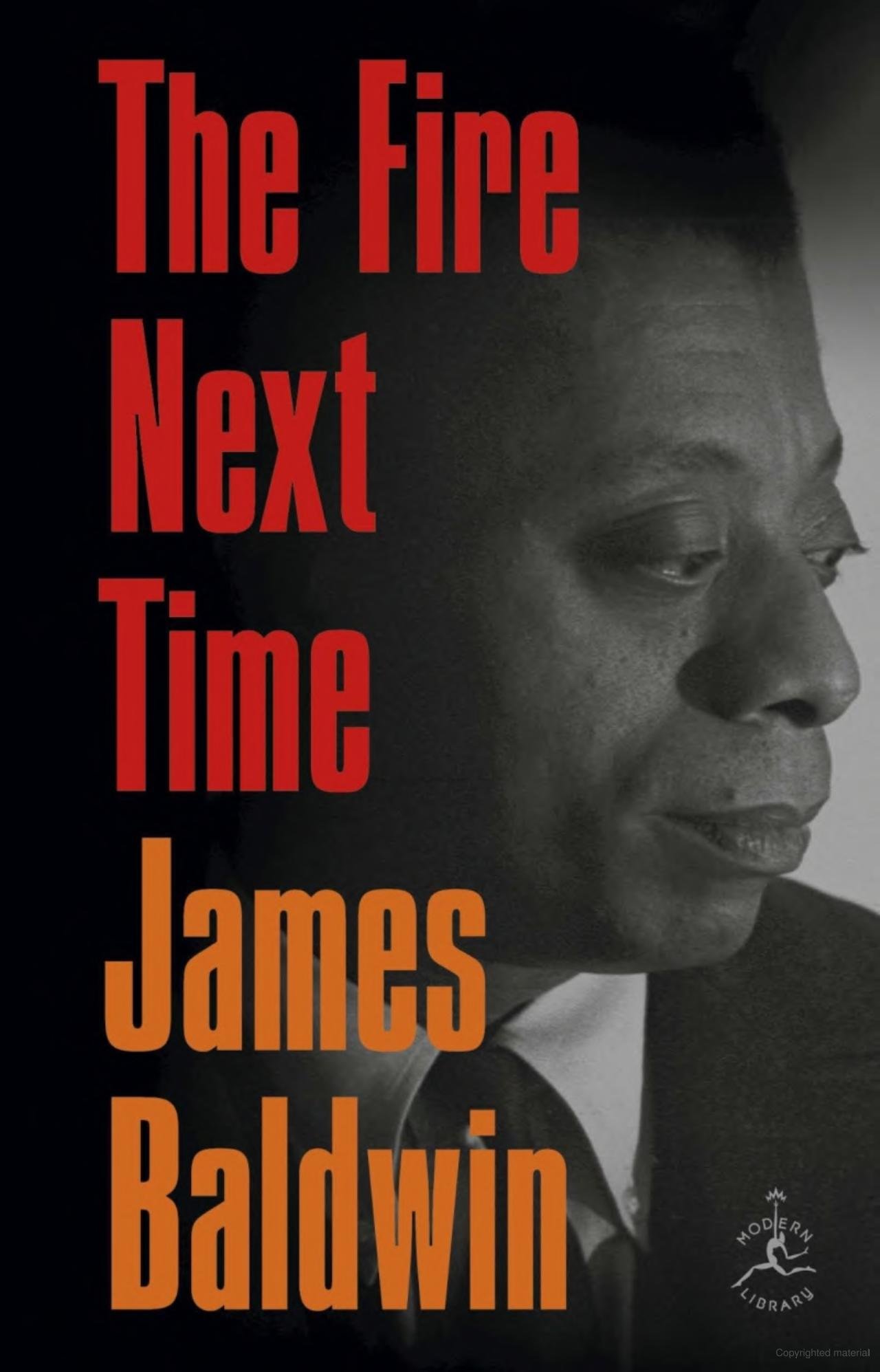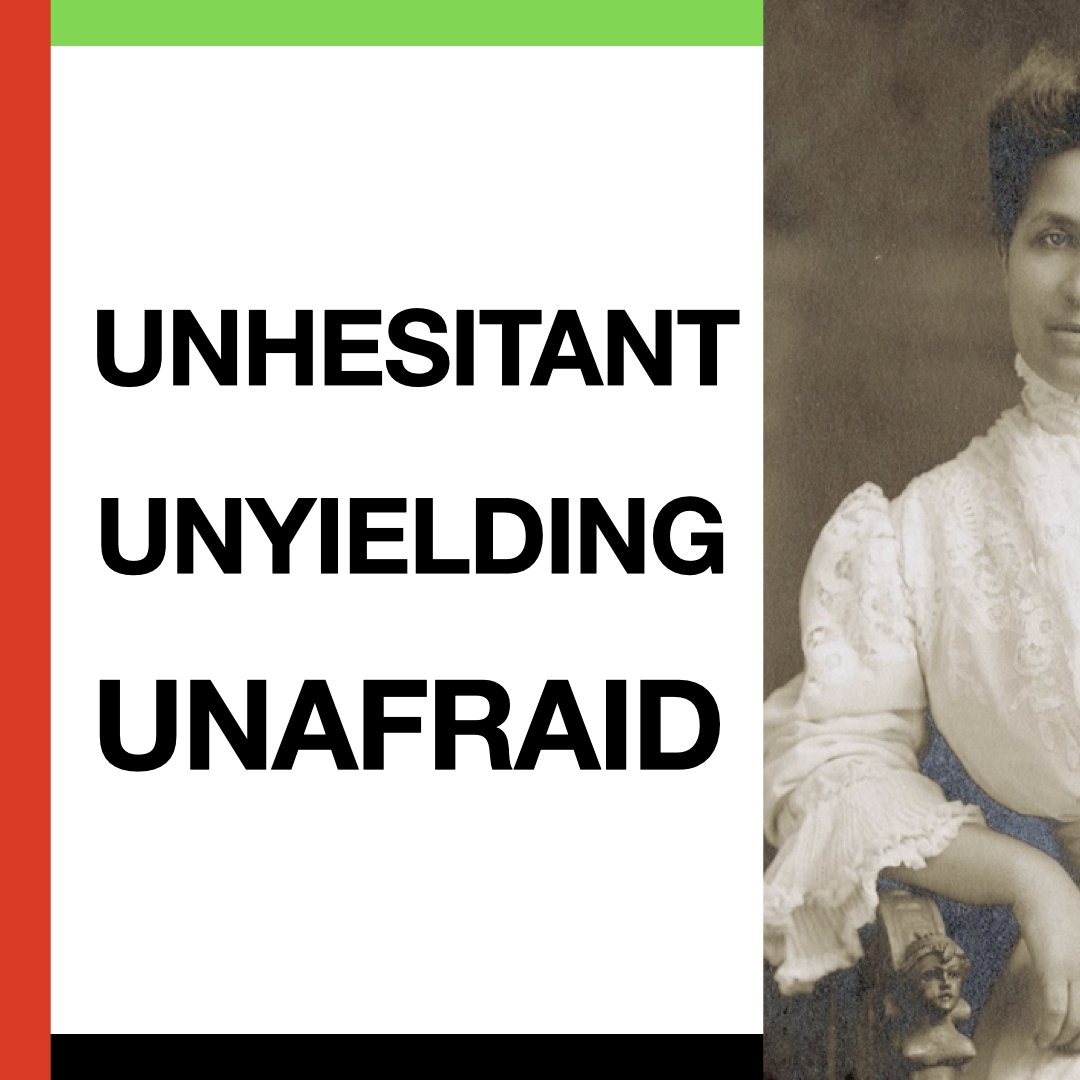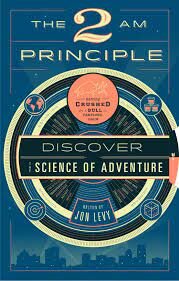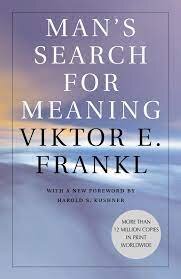3 Unexpected Lessons from Patriarchy Blues by Frederick Joseph
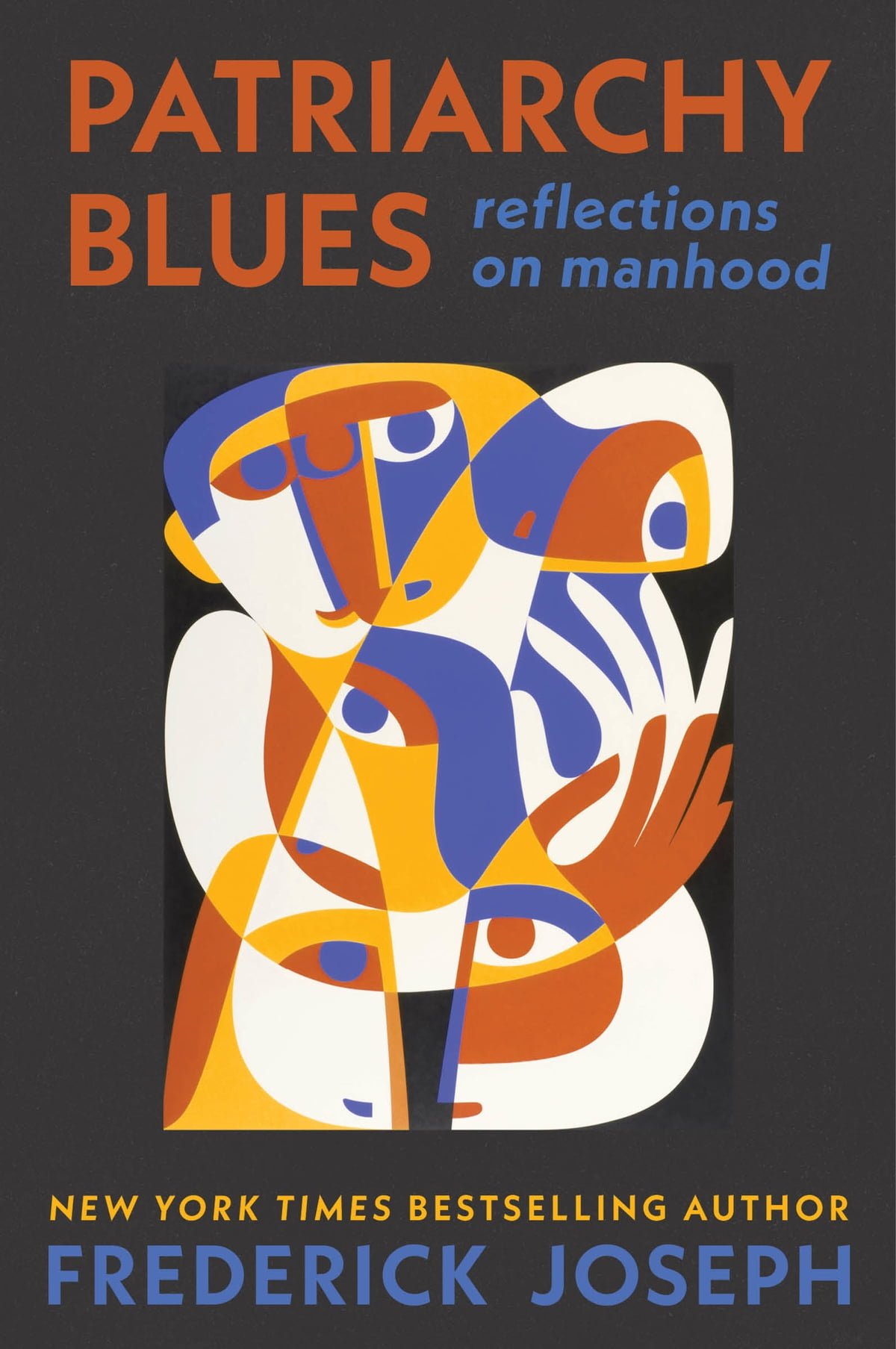
I am a Black man who frequently thinks about masculinity and patriarchy in all parts of my life and continuing development so I was really excited to see the release of a book from another Black man about these ideas and systems, Patriarchy Blues by Frederick Joseph.
At the start of the book, Joseph defines patriarchy as:
The emotional, physical, mental, metaphysical, social and economic manifestation of the false belief and oppressive ideology that individuals and groups aligned with what is subjectively deemed to be femininity and/or womanhood are inferior or of lesser value than the subjective opposite, i.e., masculinity and/or manhood.
For the rest of the book, Joseph writes about these different manifestations of patriarchy in society and his own life. He covers religion’s influence on developing patriarchy, patriarchal violence, transphobia, homophobia, catcalling, protecting Black women and even white feminism. He addresses these topics and more through essays, short stories, poems and my favorite form in the book, letters.
Here are the three most unexpected and powerful lessons I learned.
1. Well-Timed Vulnerability is our #1 superpower
In his chapter “The Rot in the Garden,” Joseph comments on how social media has distorted our ideas and expectations of masculinity and of life in general.
He writes, “Most often, social media is a projection of our best selves.”
He then invites the reader to think about “the rest of the story,” all of the messier, more challenging, and more mistake-filled parts of our lives that we usually don’t present on social media.
These are the parts of our lives that other people can actually connect to, that real trust and emotional connection can be established from.
In this age of personal branding, when people strive to emulate certain aspects of corporations, we must also remember what it means to be human—and being vulnerable is an important piece of that humanity.
I also believe that vulnerability must be well-timed for it to retain its power. Unless it’s with your doctor, it’s usually not wise to share all of the intimate details of your life with someone you just met. It’s best to warm up with a person to develop the mutual care and trust necessary to be vulnerable with them.
I think Frederick Joseph demonstrates this well-timed vulnerability really well with his personal letters throughout the book, as we get to know him more with each one.
2. Travel to Gain Perspective
In one of my favorite chapters in the book, “What Does a Black Person Owe This Country?” Joseph writes about a trip he took to Amsterdam with his fiancé. For the first few days of his trip, he was enjoying all the idyllic scenery and casual spots in Amsterdam and then something surprising happened:
\”Nothing. I didn\’t experience anything negative or racially charged. There was no one following me through shops to make sure I wasn\’t stealing…women didn\’t hold their purses closer as I walked by. For me, a Black man from America, this was anything but my normal daily experience.\”
He then writes about three interactions he and his fiancé had with Black and White people in Amsterdam, talking about how race is treated there compared to America, leading them to an important question, \”Why stay in America?\”
I don’t think the importance of travel can be overstated. There are countless different aspects of your environment that you might not see until you leave and countless aspects of a new environment or culture that you may not even know existed until you visit.
The first time I ever traveled out of the country I went to China. The experience of being a Black person felt dramatically different than in America. I had never been stared at so much in my life.
However, I’d say it was relatively friendlier than my first stay in England, where British men in pubs tried to start fights with me unprompted on two occasions.
And while I think traveling to another country can cause the strongest perspective shift, you don’t need to travel far to experience one either.
3. Hold yourself accountable and others may follow your lead
“Accountability” is a term I hear often when talking about social justice and one that Frederick Joseph used frequently in the book.
In simple terms, I define accountability as taking responsibility for your actions and accepting the outcome of your actions. However, what accountability looks like depends greatly on the context of the situation and people’s opinions.
For example in the context of criminal justice, some people believe that prison time is the only way people who break the law can be held accountable while others believe that prison time is not a useful way to keep people accountable at all.
In the context of Patriarchy Blues, Joseph writes about holding people accountable to beliefs and actions that uphold or feed patriarchy, such as catcalling women.
In his chapter “The Epidemic of Rape Culture,” Joseph shares an anecdote of him confronting two men who catcalled a woman walking her dog.
Joseph asks why they harassed her and they respond that they were just having fun.
Joseph then tells him that they can “step outside the dog park” to settle the argument, alluding to the possibility of a physical fight.
This anecdote illuminates a couple of things to me.
First, unfortunately, that physical violence is sometimes the only way men feel held accountable for their actions. Getting popped in the mouth can get a point across better than words can for some men.
This fact reminds me of two relevant Mike Tyson quotes: “Man is not meant to be humble, he’s meant to be humbled,” and “Everyone has a plan until they get punched in the face.”
Second, is that you can’t actually hold someone else accountable. You can inspire them to change and hold themselves accountable, but only they can do that. Joseph held himself and his values accountable in this situation by going up to confront the men. But the men themselves decide whether or not Joseph’s influence will change their outlook and behavior.
From their response, it did not seem likely but maybe they will reflect and learn from the experience later.
Holding myself accountable for mistakes I’ve made has involved forgiving myself, trying to get as close to an objective view as possible of the situation with other perspectives, and acting on what I’ve learned and unlearned.
What does holding yourself accountable look like for you?

